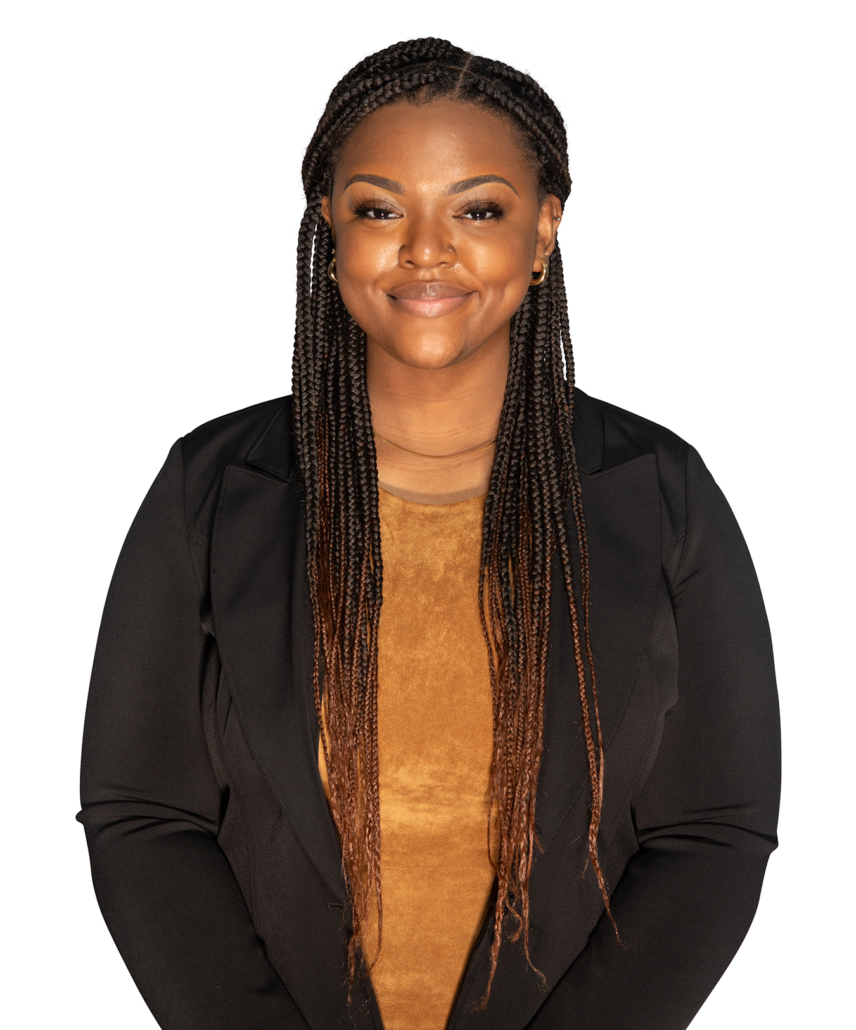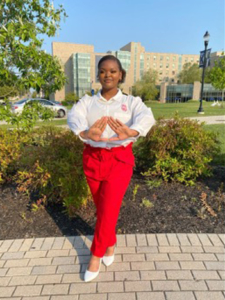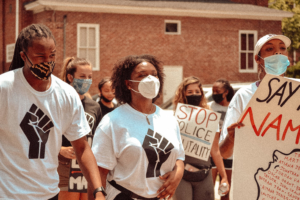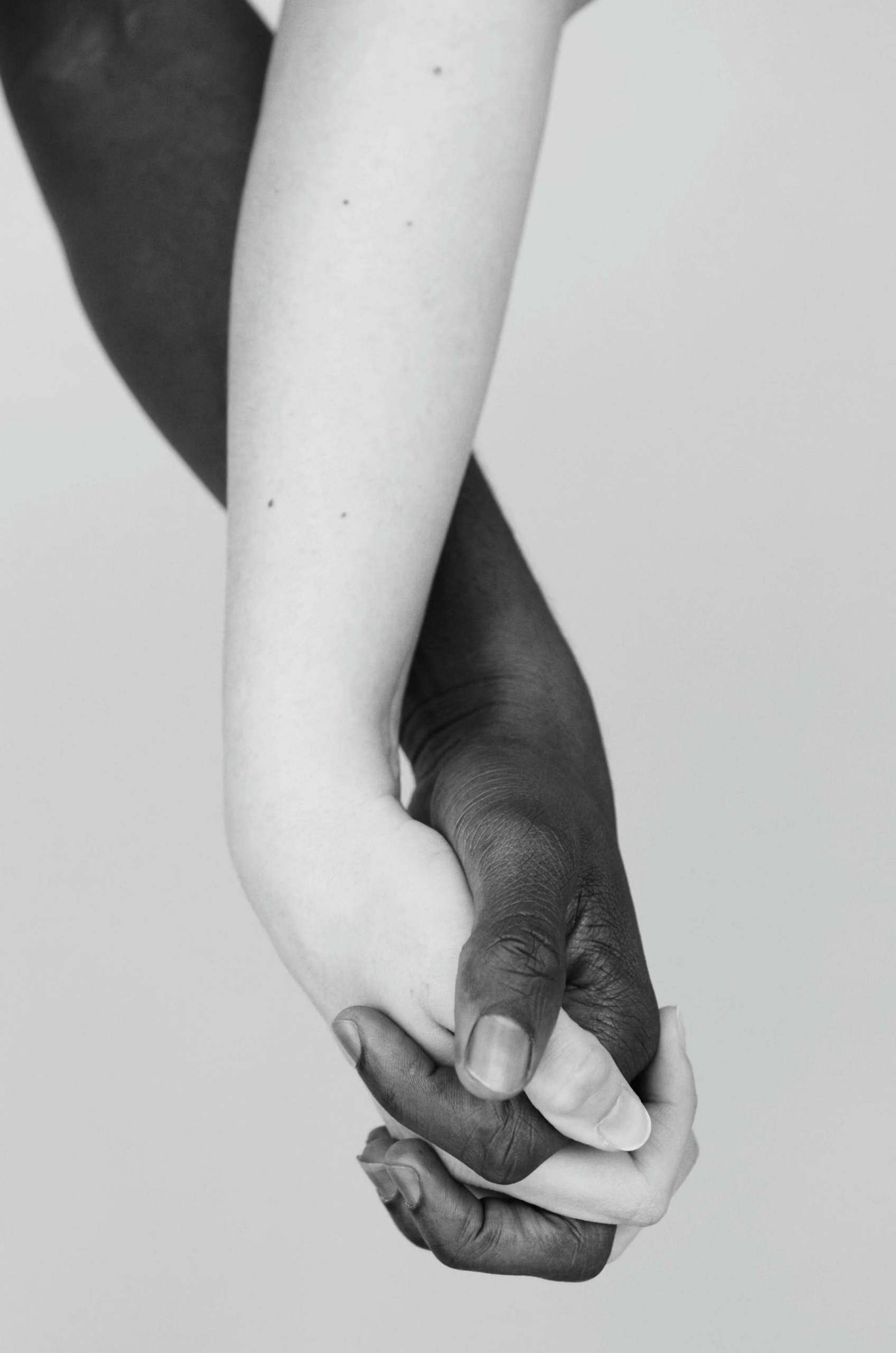By Elizabeth Garnes, Senior at Xavier University in Ohio, President of the Rho Xi Chapter of Delta Sigma Theta Sorority, Founder of Issa Giveback Community Service Program, Medical Assistant in Occupational Therapy
When I think of trust, I think of trustworthy people, and secondarily, I think of why people would trust me. I have had an interesting battle with trust, and as a Black woman my lack of trust is exacerbated by social and historical influences, all of which are out of my control. As a child, I put my trust into anyone and anything. I was raised in a household built on truth and trust, which are pillars in my ethical decision making to this day. Due to this foundation, I found myself growing up in disbelief at what others offered regarding why I should trust them.
As I got older, I started asking more questions. Why should I trust my White high school teacher to be able to fully assess me as a human being and student after saying they “Didn’t see color”? Will I be able to trust my head gymnastics coach after I heard her whisper to her coworker that she is surprised to see I gained so much weight over summer break? How is it that I can be turned away at a hair salon by a licensed cosmetologist because my hair is “too thick”? These situations were not only hard to process when they occurred but changed the trajectory and my perception of trust in others from there on forward. I began to lose faith in those that were tasked to help me, and I got caught in a downward spiral of what I could consider genuine, and what I considered dubious.
Today, I am a second-semester college senior studying Health Services Administration, and one of my biggest interests is the lack of trust that Black people, especially Black women, have in the medical system. When I was first taught about Black mistrust in the medical system, my mind automatically went to the Tuskegee Syphilis Study and the story of Henrietta Lacks, however, those are merely examples of a deeply rooted system in this country. The transatlantic slave trade, a monumental tragedy in American History caused the spiral effect of creating Black distrust of medicine. What I know now as generational trauma from slavery, accounts for a lot of where we are as a country when it comes to the ways in which Black people are cared for. Maternal mortality rates being three times as high for Black women than for white women is not because Black women are more susceptible to death, it is because when they shriek in pain, or raise a concern, they are simply not believed. If you knew you were three times more likely to die from childbirth due to the color of your skin, what would you think?
Trust runs deep, and honestly, there is a great deal of mistrust in the country beyond the healthcare system. We see it between economic classes, races, genders, political parties, and so on. There will forever be disagreements and a culture in America impacted by the clashing of many types of people. However, social cohesion is a goal that the world has worked for, especially, with younger generations, a goal we will not let be contained.
A quote from the Dalai Lama that resonates with me speaks to this.
“When young we have a vivid sense of basic values like trust and warm-heartedness, which we tend to neglect in today’s competitive world as we grow up, yet from birth we all have a need for affection. The emotions we experience today have not changed much over the last few thousand years, but the interest increasing numbers of people are showing in their inner world and how their emotions work is a sign of maturity.”
Everyone just wants to be loved, appreciated, and trusted by others. I want to be able to see a world in which this is possible. I want to feel loved by those I meet and interact with, and I want them to feel loved and trusted by me. In theory, this sounds wonderful, but we must loop back to what reality has to offer at its core. We are clear there is a pervasive lack of trust, but what now?
It’s complicated. Everyone has different missions, and reasons for taking on what they do. But for me, I am working to build trust as an active advocate for others. I’m immersing myself in different topics and studies that I have found purposeful, especially topics such as the social determinants of health, as well as equity and opportunity in minority communities. I’m making intentional efforts to broaden my communication skills and openly talk about trust issues. It’s something I believe we should all do to build a better foundation of trust. I hope to center my future health care work in being intentional with open communication so that patients I work with and who have never felt trust in the health care system can see and feel they are safe, they are cared for, and, importantly, they are listened to.
Of course, to trust fully, we also must be willing to let our walls down, being intentionally vulnerable and allowing others to be vulnerable with us. And we must begin to love people simply for the fact that they deserve to be loved, with open hearts, allowing for the possibility of being loved back just the same.
None of this is easy work. Building trust after it has been lost or even if it has never been there takes time and effort. But there is no better time to do this and no better way to go forward together. Trust is really at the center of all we can become as part of this thing we call the human race.







